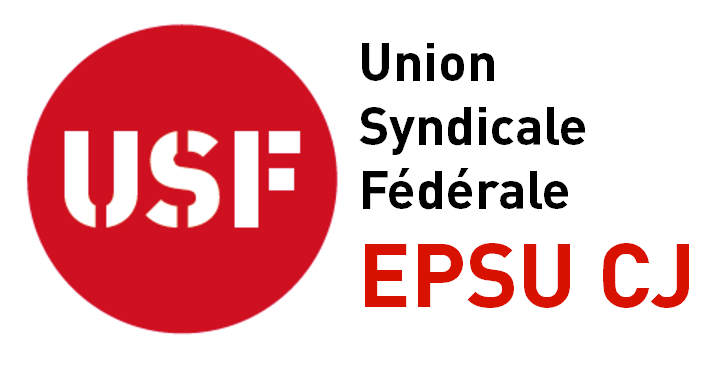We may request cookies to be set on your device. We use cookies to let us know when you visit our websites, how you interact with us, to enrich your user experience, and to customize your relationship with our website.
Click on the different category headings to find out more. You can also change some of your preferences. Note that blocking some types of cookies may impact your experience on our websites and the services we are able to offer.
These cookies are strictly necessary to provide you with services available through our website and to use some of its features.
Because these cookies are strictly necessary to deliver the website, you cannot refuse them without impacting how our site functions. You can block or delete them by changing your browser settings and force blocking all cookies on this website.
These cookies collect information that is used either in aggregate form to help us understand how our website is being used or how effective our marketing campaigns are, or to help us customize our website and application for you in order to enhance your experience.
If you do not want that we track your visist to our site you can disable tracking in your browser here:
We also use different external services like Google Webfonts, Google Maps and external Video providers. Since these providers may collect personal data like your IP address we allow you to block them here. Please be aware that this might heavily reduce the functionality and appearance of our site. Changes will take effect once you reload the page.
Google Webfont Settings:
You can read about our cookies and privacy settings in detail on our Privacy Policy Page.
Politique de confidentialité
Transparency and accountability
The cracked image of the Court of Justice
2023: a +1.0% residual annual update and revised pay supplement
The salary update for 2023 occurred in two stages: intermediate +1.7%, residual annual +1.0. The latter coincided with an increase of the pension contribution rate by 1%, which resulted in a take-home pay around zero. → Read the flyer.
→ Evolution of pension contribution rate.
The Luxembourg social minimum wage (SSM) grows faster than our salary scales → for contract staff, and → for officials and temporary staff. The Court Administration has decided, like the European Parliament, to extend the ‘pay supplement’ to all basic salaries lower than the SSM by taking out of the balance the expatriation or foreign residence allowance, see → Consultation Conclusions.
Intermediate salary update since January 2023
For a second consecutive year, inflation over the semester ending in December exceeded the 3% threshold. This triggers an intermediate update, calculated at 1.7%. The attached note sheds some light on a complex process. see the updated salary scales →officials and temporary staff; →contract staff, with links to the sources.